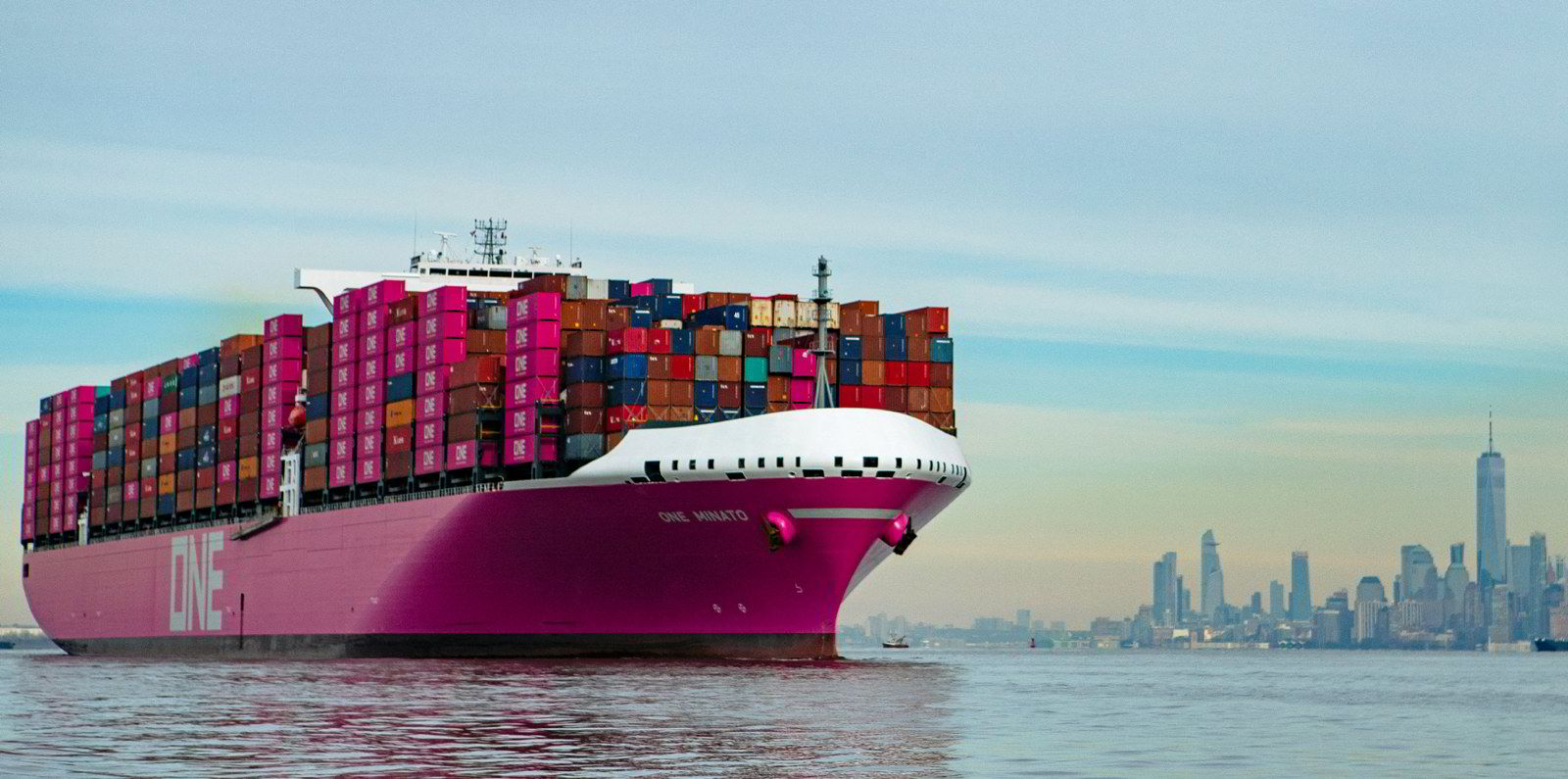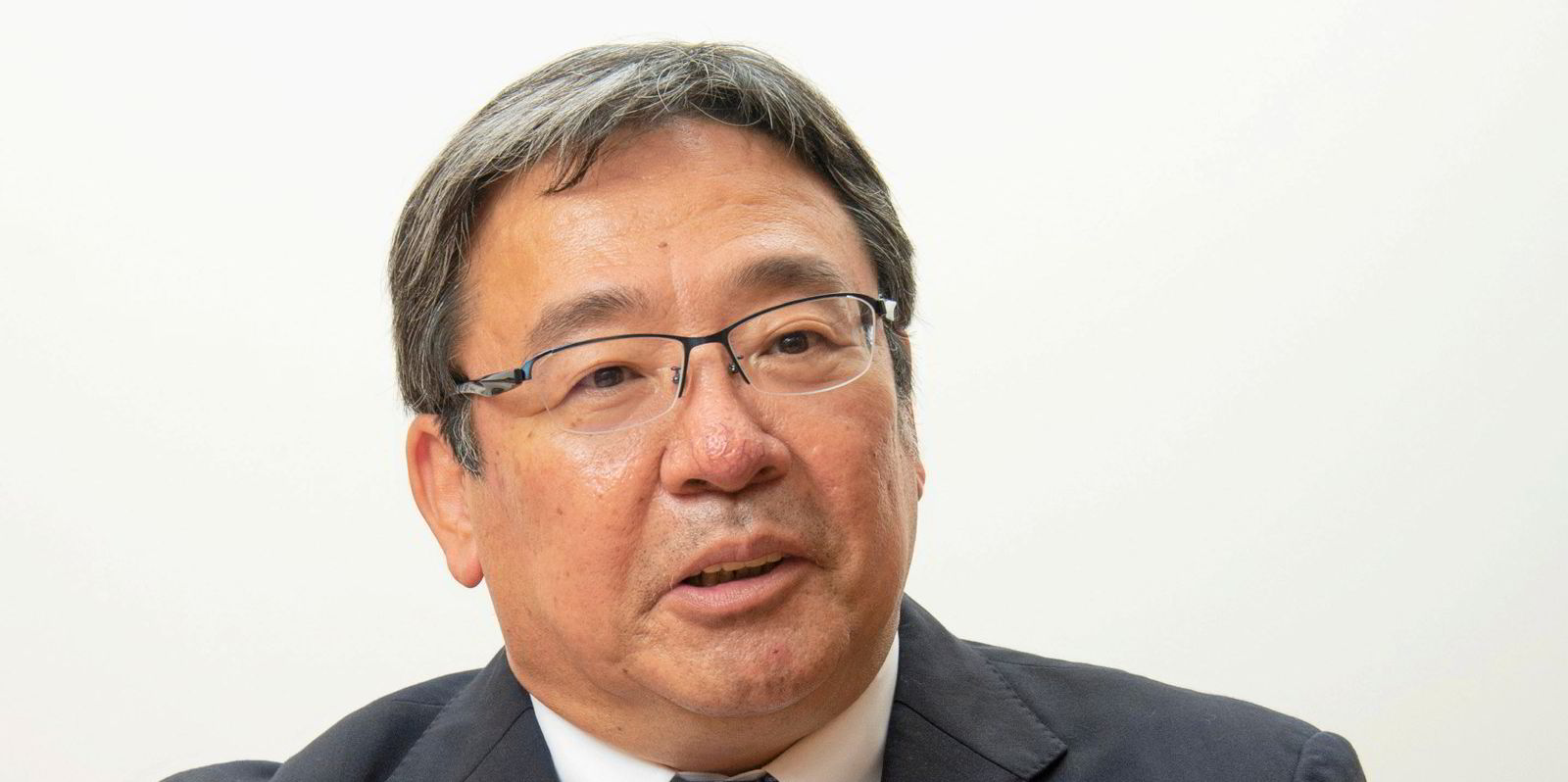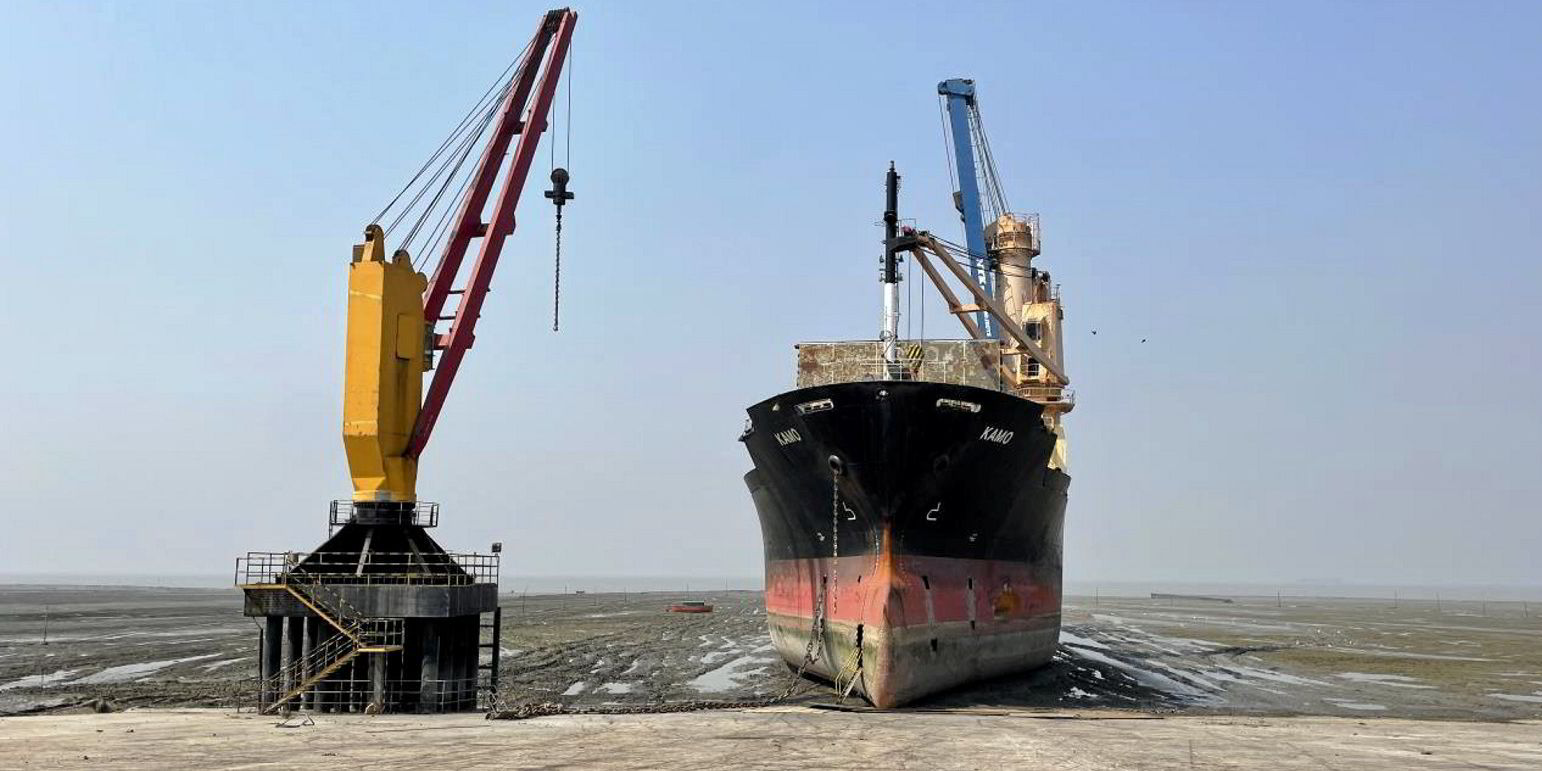NYK Line has made it a hattrick of Japan’s top shipowners forecasting a major reduction in profit this fiscal year.
The Takaya Soga-led shipowner expects to post a profit of ¥200bn ($1.48bn) for FY2023, according to a forecast released Tuesday.
It joins Mitsui OSK Lines (MOL) which last month forecast a 75% decline in profit to ¥210bn and K Line, which revealed on Monday that its profit this year will shrink by over 80% to ¥120bn.
Soga, who took over as company president last month, has previously described the past two year’s performance as being reliant on the “extremely unique situation of global supply chain disruptions caused by Covid-19”.
HSBC analysts warned in a research note Monday that “aggressive cost controls through slow steaming and network optimisation will be crucial to maintain profitability”.
“The rally in freight rates since late April appears short-lived as demand has not yet materially picked up.
“However, consumption has been resilient, lending hope for a potential restocking-led demand recovery in the second half,” the analysts added.
News of this year’s lower profit came as NYK Line reported a profit of just over ¥1trn for FY2022, a year-on-year increase of just ¥3.4bn.
“Through the middle of the second quarter, supply and demand conditions remained tight due to robust transportation demand and supply chain disruptions caused by port congestion,” NYK Line said of the liner markets.
“Demand slowed from the latter part of the second quarter due to multiple factors including inflation and increased consumer goods inventories mainly in Europe and North America, and conversely, shipping capacity increased as port congestion improved.
“As a result, spot freight rates fell, and cargo volumes slowed. However, average freight rates including the strong first half were higher compared to the last fiscal year,” the shipowner added.
In the dry bulk space, NYK Line said that although the market levels for all vessel segments trended lower than the last fiscal year due to concerns about an economic recession, the transportation contracts were concluded when the market was high in the first quarter providing some support for the bottom line, and the overall results were described as “firm”.
NYK Line said VLCC and VLGC markets improved significantly compared to the last fiscal year on support from firm cargo volumes.
In the petrochemical tanker market, supply and demand conditions tightened due to the increased transportation distances resulting from the situation in Ukraine and Russia, the shipowner said.





